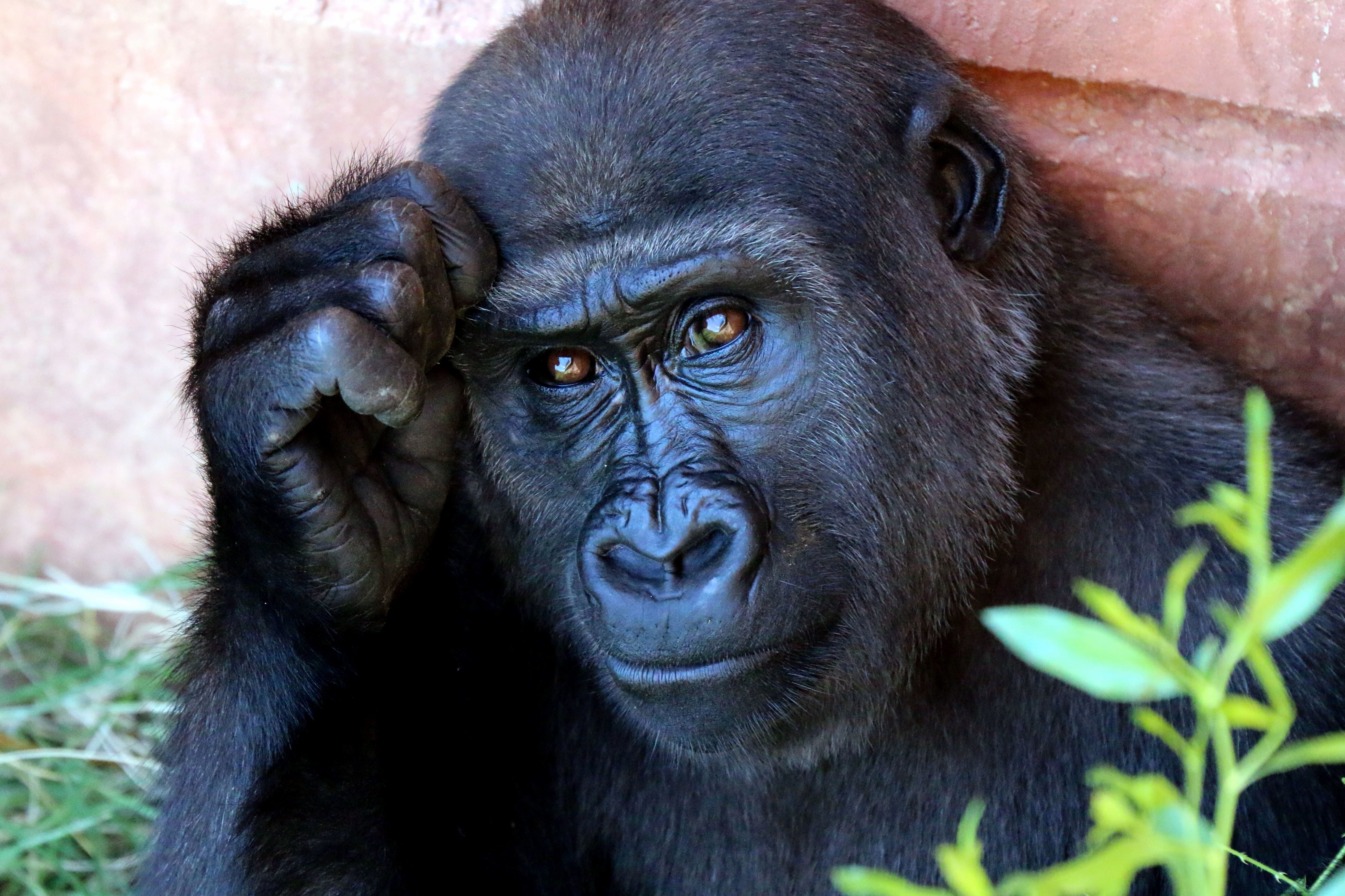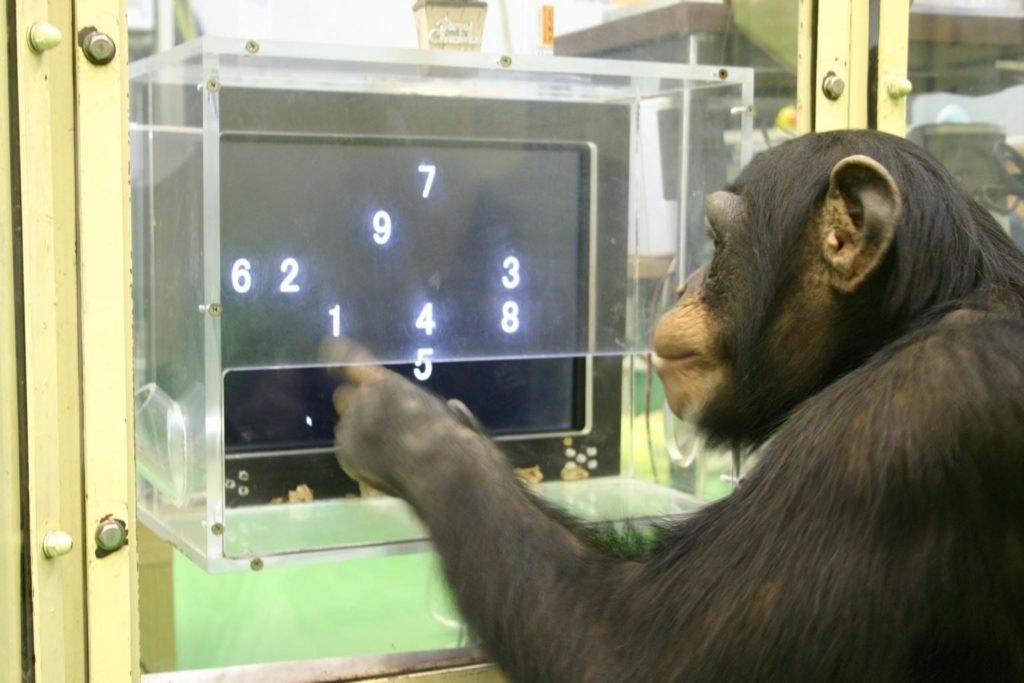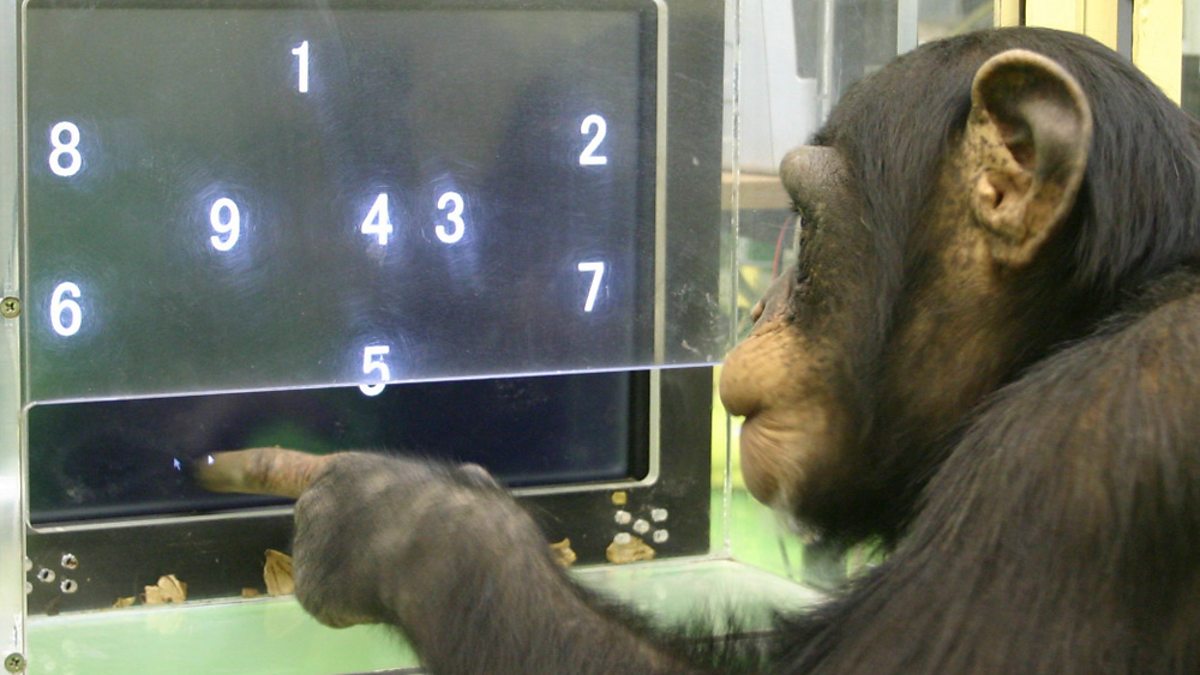Understanding Monkey Intelligence: The Fascinating World Of Primate Cognition
Monkeys intelligence is a captivating subject that sheds light on the cognitive abilities of these remarkable primates. From problem-solving skills to social interactions, the intelligence of monkeys is a topic that has intrigued scientists and researchers for decades. In this article, we will delve into the various aspects of monkey intelligence, exploring their capabilities, behaviors, and the implications for understanding our own evolution.
Join us as we embark on this enlightening journey into the world of monkey intelligence. We will analyze various studies, showcase interesting anecdotes, and highlight the importance of this research in understanding the cognitive capabilities of primates. So, whether you are a student, researcher, or simply a curious reader, this article will provide valuable insights into the fascinating realm of primate intelligence.
Table of Contents
- 1. What is Monkey Intelligence?
- 2. Types of Intelligence in Monkeys
- 3. Social Intelligence in Monkey Species
- 4. Problem-Solving Abilities of Monkeys
- 5. Communication Skills of Monkeys
- 6. Comparative Intelligence: Monkeys vs. Other Animals
- 7. The Role of Environment in Monkey Intelligence
- 8. The Future of Monkey Intelligence Research
1. What is Monkey Intelligence?
Monkey intelligence refers to the cognitive abilities exhibited by various species of monkeys. This encompasses a range of mental skills, including problem-solving, communication, social interaction, and learning. Intelligence in monkeys can be observed through their ability to adapt to their environment, manipulate objects, and engage in complex social behaviors.
- Kathleen Turner The Iconic Actress And Her Journey In Hollywood
- Exploring Donald Trumps Iq Myths Facts And Insights
Defining Intelligence in Primates
In the context of primatology, intelligence is often defined as the capacity to learn from experience, solve problems, and adapt to new situations. Monkeys, like other intelligent animals, display behaviors that reflect these cognitive abilities. Researchers often measure intelligence through tasks that assess memory, reasoning, and social skills.
2. Types of Intelligence in Monkeys
Monkeys exhibit various types of intelligence, each contributing to their survival and social structure. The main types include:
- Social Intelligence: The ability to navigate complex social hierarchies and relationships.
- Spatial Intelligence: The capacity to understand and remember the layout of their environment.
- Tool Use and Problem Solving: The capability to create and use tools to achieve specific goals.
Social Intelligence
Social intelligence is crucial for monkeys, particularly those living in groups. They must recognize individuals, understand social dynamics, and communicate effectively with their peers. This form of intelligence is essential for forming alliances, establishing dominance, and parenting.
- Blair Underwood A Journey Through His Life And Career
- Understanding Greg Gutfelds Health Insights Into His Illness
3. Social Intelligence in Monkey Species
Different species of monkeys exhibit varying degrees of social intelligence. For instance, species like the capuchin monkey are known for their complex social structures and behaviors.
Examples of Social Interaction
Research has shown that monkeys engage in behaviors such as grooming, which helps strengthen social bonds. Additionally, they display empathy and cooperation, further highlighting their social intelligence.
4. Problem-Solving Abilities of Monkeys
Monkeys are renowned for their problem-solving abilities, which can be observed in various experimental settings. Studies have demonstrated that they can use tools, solve puzzles, and even plan for future needs.
Tool Use in Monkeys
One of the most notable examples of monkey intelligence is their ability to use tools. For instance, some species have been observed using sticks to extract insects from tree bark or stones to crack open nuts. This behavior showcases not only their dexterity but also their understanding of cause and effect.
5. Communication Skills of Monkeys
Communication is another critical component of monkey intelligence. Monkeys utilize a variety of vocalizations, facial expressions, and body language to convey messages.
Vocal Communication
Different species of monkeys have distinct vocalizations that serve specific purposes, such as alerting others to danger or signaling food sources. These vocalizations can be quite complex, indicating a high level of cognitive processing.
6. Comparative Intelligence: Monkeys vs. Other Animals
When comparing monkey intelligence to that of other animals, it's essential to consider similarities and differences in cognitive abilities. Monkeys often outperform many species in problem-solving tasks, social interactions, and tool use.
Monkeys and Great Apes
Comparative studies between monkeys and great apes, such as chimpanzees and orangutans, reveal that while both groups exhibit high intelligence, great apes generally demonstrate more advanced cognitive skills. However, monkeys have their unique strengths, particularly in social intelligence.
7. The Role of Environment in Monkey Intelligence
The environment plays a significant role in shaping monkey intelligence. Factors such as habitat complexity, food availability, and social structure can influence cognitive development.
Adaptation to Environmental Challenges
Monkeys living in diverse environments often develop specialized skills that enhance their survival. For example, those in forests may excel in spatial memory, while those in open areas might focus on social interactions.
8. The Future of Monkey Intelligence Research
The study of monkey intelligence is an evolving field, with ongoing research aimed at uncovering new insights into primate cognition. Future studies may focus on the genetic basis of intelligence, the impact of environmental changes, and the implications for conservation efforts.
Importance of Continued Research
Understanding monkey intelligence not only enriches our knowledge of animal behavior but also informs conservation strategies and promotes empathy towards these intelligent beings. Continued research can help protect their habitats and ensure their survival in the face of environmental challenges.
Conclusion
In conclusion, monkey intelligence is a multifaceted topic that encompasses various cognitive abilities, including social interactions, problem-solving skills, and communication. Through our exploration of these aspects, we gain valuable insights into the complexity of primate cognition and its implications for understanding our own intelligence. We encourage readers to engage with this topic further, whether by leaving comments, sharing this article, or exploring additional resources on primate behavior.
Call to Action
We invite you to share your thoughts on monkey intelligence in the comments below. Have you encountered any fascinating facts or experiences related to primates? Let's discuss! Additionally, feel free to explore other articles on our site for more intriguing insights into the animal kingdom.
Closing Thoughts
Thank you for joining us on this journey into the world of monkey intelligence. We hope you found this article informative and engaging. We look forward to seeing you again as we continue to explore the wonders of the natural world!
- Everybody Loves Raymond Cast A Comprehensive Look At The Iconic Sitcom
- Trumps 15 Promises A Comprehensive Analysis

Foto gratis scimmia, Primate, animale, erbivori, mammifero intelligente

Le PRI à l’honneur dans un épisode de la série The Cognitive Tradeoff

BBC One Super Smart Animals Ayumu